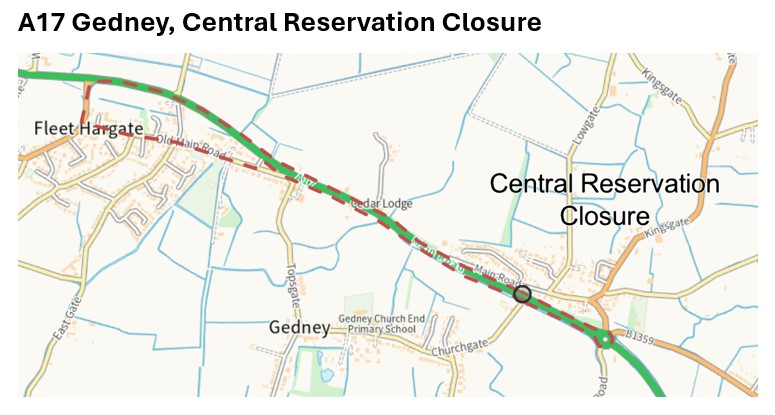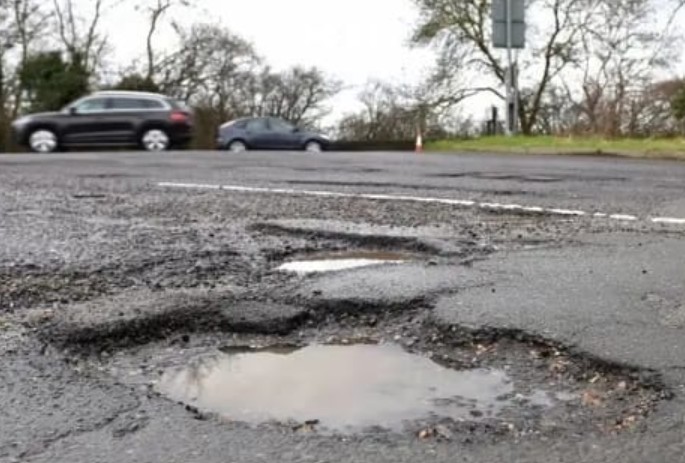A local magistrate has resigned in protest over a new court charge which he believes could affect defendants’ right to justice.
The Criminal Courts Charge, introduced last month, is designed to ease the burden on taxpayers by making offenders pay towards the cost of courts.
Anybody convicted of a summary (less serious) offence at a magistrates’ court after a guilty plea must pay £150. A defendant convicted after denying an offence is given a £520 bill.
Those fees escalate to £900 and £1,200 respectively for offences dealt with in crown court.
The charge, which is not means-tested, is in addition to any fine, costs award and mandatory victim surcharge.
The Justice of the Peace (JP) who has resigned believes that innocent defendants might be swayed into pleading guilty due to the prospect of the higher charge if they were to lose their trial.
He said: “This charge could affect their right to justice.”
The JP – who did not want to be identified – quit on April 13 – the date from which offences accrue the fee.
He said: “The way this has been brought in by the government is totally wrong.
“And it’s those people that are least able to afford it that are going to be affected by it. I’d feel totally uncomfortable imposing this charge on top of a fine, costs and victim surcharge.
“Society has to bear a cost for justice.”
The charges were brought in as a statutory instrument, enabled by a clause of the Criminal Justice and Courts Act, which was granted royal assent in February.
Justice Secretary Chris Grayling said it would ensure criminals “pay their way”.
The JP, who knows of unrest among magistrates and court clerks over the issue, said: “This was brought in a fortnight before parliament dissolved. You can’t complain to your MP if you haven’t got one.
“I just think it’s outrageous.”
His viewpoint over justice was matched by Daven Naghen, of Maples Solictors in Spalding, who believes the charges could just add to “truly staggering figures” of monies owed to courts.
He said: “I would think that most people would agree to at least some degree with the proposition that those who genuinely commit offences should contribute to the costs of bringing the case. “However, it is worth considering that there are already mechanisms in place to achieve this.”







